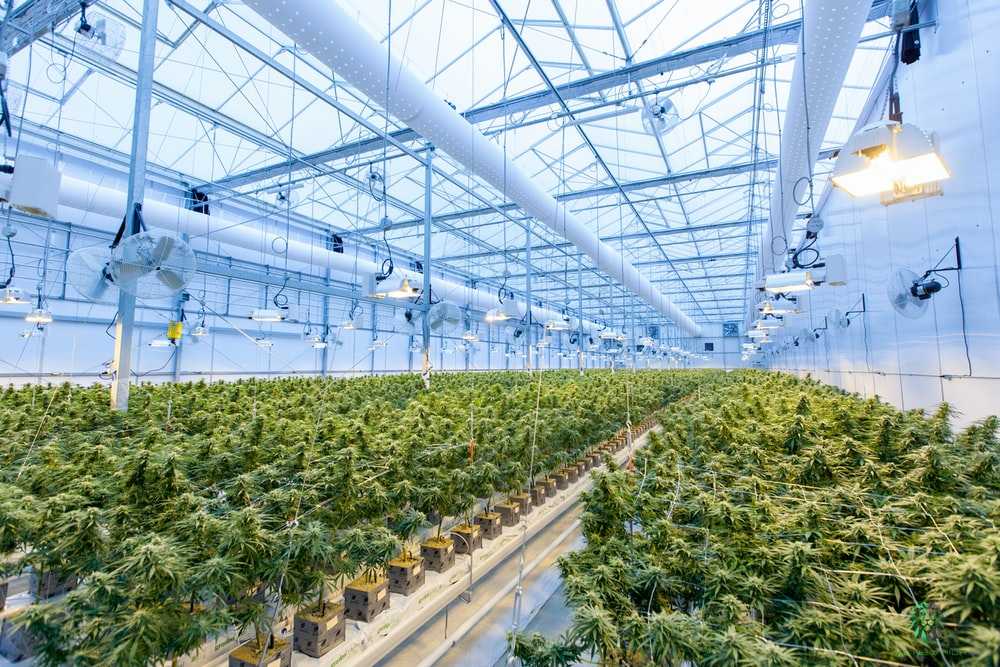
The legal marijuana industry has reached $10 billion. According to the forecasts of the Marijuana Business Factbook, by the end of 2019, this market will grow by another $2 billion. Together with the number of countries and the US states that legalize marijuana, the amount of consumers is rapidly growing.
Tech startups with innovative digital solutions begin to conquer this market, making the process of using, buying, and shipping CBD and other weed products as convenient and simple as possible. It is high time for entrepreneurs (if they are lucky) to become another Uber or Airbnb for marijuana in this niche.
New technologies form the basis of the Cantech industry. In this post, I want to introduce you to the main elements of this industry.
The Cantech term is often used when referring to devices and digital solutions that make it easier for the end-user to buy and use marijuana products. For now, the following Cantech sections of the industry are quickly growing:
- New devices for the cannabis usage that include dispensers, dosing units, vaporizers.
- Apps and E-commerce platforms for the delivery of marijuana products.
- Home and industrial systems/installations for cannabis growing.
Innovative devices
There are many means and ways of using cannabis for recreational and medical needs: cigarettes, tubes, edibles, oils, etc. Recently, electronic devices have been added to the list too.
For example, vaporizers (vapes) are quickly gaining popularity in Canada and the USA. They are popular because there is no smell, and many harmful effects of smoking are minimized. Similar to the principle of electronic cigarettes, vaporizers heat the hemp to the necessary temperature to extricate the active substance.
Dosing devices occupy a separate niche in the Cantech industry. Dosist pens and Syqe metered vaporizers are used intensively for medical purposes.
Breathalyzers are also actively developed for the medical cannabis industry. These devices determine the level of THC (tetrahydrocannabinol) and other substances in your body.
Innovative methods of consuming cannabis attract venture capitalists. For instance, the PAX Labs, a vaporizer producing company, has raised almost half a billion dollars from Tiger Global Management, Tao Capital Partners, and other investors in the last 12 months.
Convenient purchase and delivery
Based on some estimates, only in the United States, there are more than 2,000 producers of legal cannabis products. Colorado and California are leading here. Most manufacturers select these states. There are about 700 manufacturers in each of these two states.
For now, legal marijuana producers sell their products mainly through outlets. So, there are big gaps in the effective connection between the producers and the customers.
In the United States, the leading role in this sphere plays Eaze, which is an app for ordering and delivering cannabis to your home. In 2018, this company raised almost $65 million, making it one of the main contenders for the very status of “Uber of Weed.”
The Dutchie startup is the most promising competitor of Eaze. Dutchie is already delivering legal hemp to 18 states. Several months ago, it raised $15 million from several venture capital funds. John Oringer, CEO of Shutterstock is one of the Dutchie’s investors
Devices for growing weed
Thanks to the marijuana legalization wave covering many countries around the globe, it is now possible to grow hemp just at home. Canberra - the Australian capital, will legalize the personal use of cannabis in 2020. It implies the right to grow two bushes of the plant at home. Thailand (which is famous for its strict drug laws) is also currently considering a law that will allow to grow up six bushes on each household territory.
And so, this trend is generating demand for cannabis growing devices and systems. Traditional equipment producers are turning their heads towards this market. New startups like Cloudponics introduce specialized modules for growing marijuana. This year, Leaf received $4.5 million for the creation of a plug-and-plant tool that manages and tracks the process of growing weed bushes from a smartphone.





